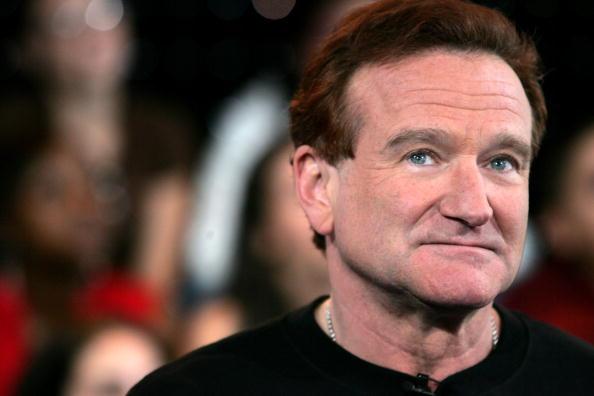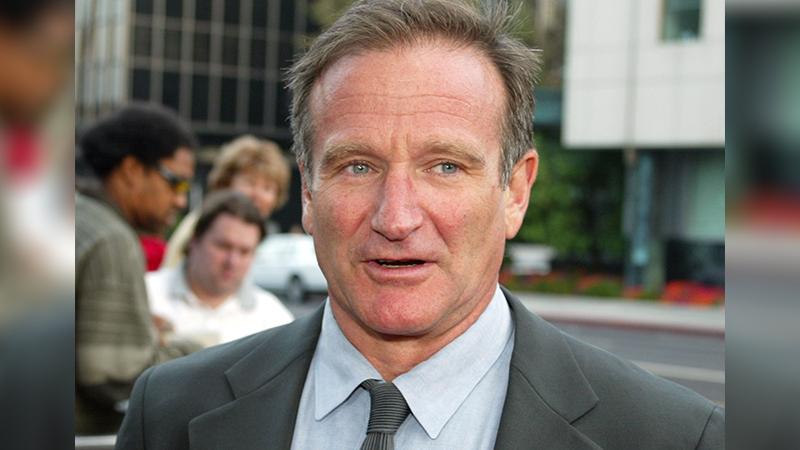Whether you remember him as wacky alien “Mork” from Mork & Mindy, unorthodox teacher John Keating in Dead Poets Society, or the ineffable “Mrs. Doubtfire” in the movie of the same name, there’s no denying that Robin Williams made a tremendous impact on the movie industry.

©Getty Images | Peter Kramer




